TikTok is safe in the states of Montana and Indiana, at least for now.
On Thursday, a federal judge blocked Montana's first-in-the-nation law that sought to ban the video-sharing app, calling the measure unconstitutional and a violation of free speech rights.
The day before, a county judge in Fort Wayne, Indiana, dismissed a lawsuit against TikTok accusing the company of making false claims about the safety of user data and age-appropriate content.
With only a month remaining before the law was to be enacted in Montana, U.S. District Court Judge Donald Molloy issued a preliminary ruling that granted a short-term victory to the social media company, which argued that Montana's Legislature had gone "completely overboard".
The blocking of Montana's TikTok ban, in one of the nation's least-populated states with just over 1 million residents, had drawn widespread attention across the country. It is seen as an indicator of how similar bans might fare and has provided an opportunity for lawmakers in Congress to consider broader actions beyond regulating a single social media app.
Molloy wrote: "Despite the state's attempt to defend SB 419 as a consumer protection bill, the current record leaves little doubt that Montana's legislature and attorney general were more interested in targeting China's ostensible role in TikTok than with protecting Montana consumers."
He stated that the ban "oversteps state power", criticizing the state for its undue focus on alleged Chinese influence and targeting, and declared it "violates the Constitution in more ways than one".
Signed in May by Montana Governor Greg Gianforte, a Republican, the law aimed to prohibit the use of TikTok across the state. It intended to impose a daily fine of $10,000 on any "entity", including app stores such as Apple's and Google's or TikTok itself, for each instance the ability to access or download the app was provided. The law, however, didn't' propose penalties for individual users.
Montana's attorney general's office said it is still reviewing its options, which could include an appeal to the 9th U.S. Circuit Court of Appeals.
Montana's "likelihood of success is slim to none", said Clay Calvert, a nonresident senior fellow in technology policy studies at the American Enterprise Institute, to Politico. "This is not good for the federal government if it attempts to adopt an outright ban of TikTok."
David Greene, director of the Electronic Frontier Foundation, a digital-rights group that had filed an amicus brief supporting TikTok in the case, told The Washington Post that "many Montanans use TikTok to communicate with local and global audiences. We are pleased that a federal judge has blocked the state from violating their rights by banning this speech platform."
In Indiana, Allen County Superior Court Judge Jennifer DeGroote said the court "lacks personal jurisdiction" over TikTok and that downloading an app at no cost doesn't constitute a "consumer transaction" under the Indiana Deceptive Consumer Sales Act, according to court documents.
The lawsuit, which was filed in December 2022 originally as two lawsuits and later consolidated, was the first serious action taken by a state against the social media platform. Similar lawsuits now remain active in other states including Arkansas and Utah.
The dismissal represents a first of its kind nationally, with similar lawsuits pending in Arkansas and Utah.
The office of Indiana Attorney General Todd Rokita told CNN in a statement that the state disagrees with the ruling.
"We were the first state to file suit against TikTok, but not the last, and it's reassuring to see others take up this ongoing fight against a foreign Big Tech threat, in any jurisdiction," the statement said.
Over the past year, state and federal lawmakers have targeted the app, citing concerns that the Chinese government could access users' data on the app. While more than 30 states have prohibited the app from being used on government-owned devices and networks, Montana is the only state that has gone beyond that.
"We are pleased the judge rejected this unconstitutional law and hundreds of thousands of Montanans can continue to express themselves, earn a living, and find community on TikTok," Alex Haurek, a TikTok spokesman, said in a statement.








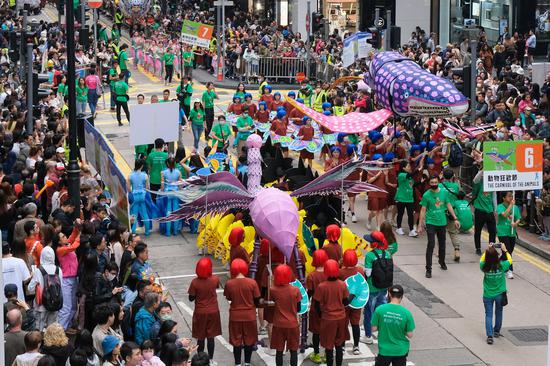
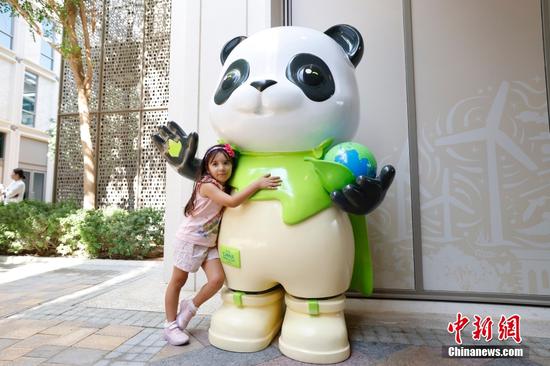
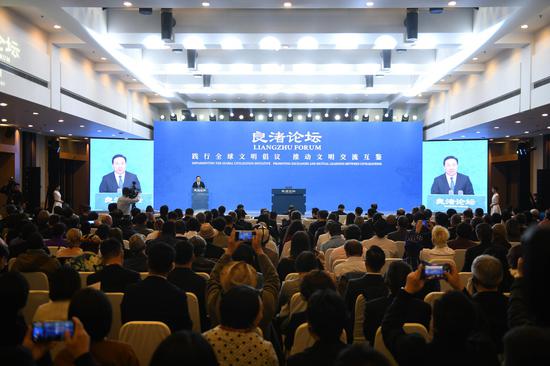

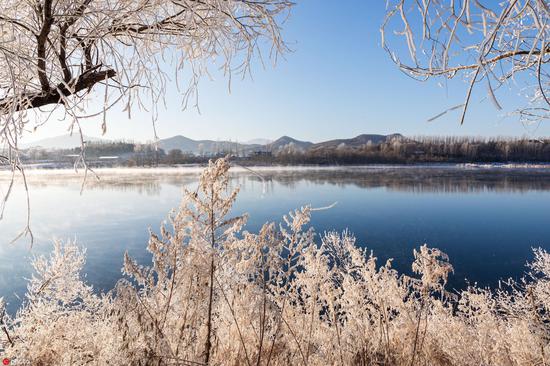
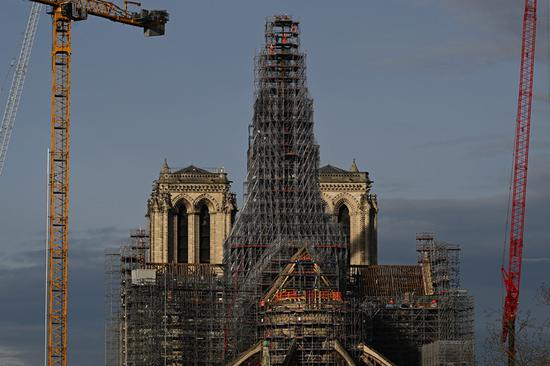



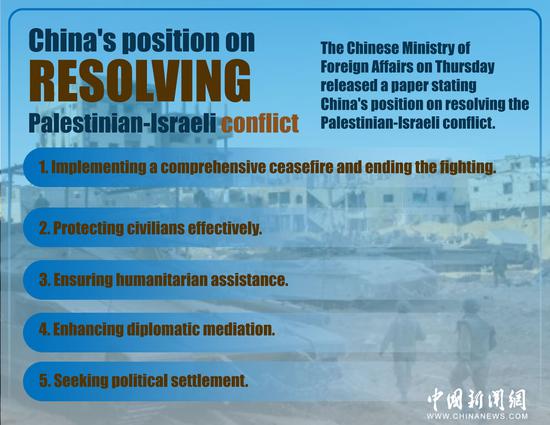
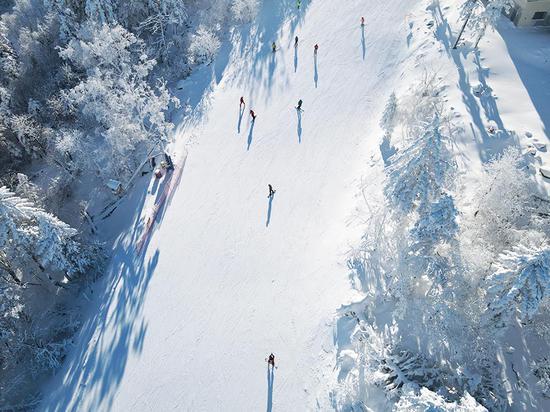
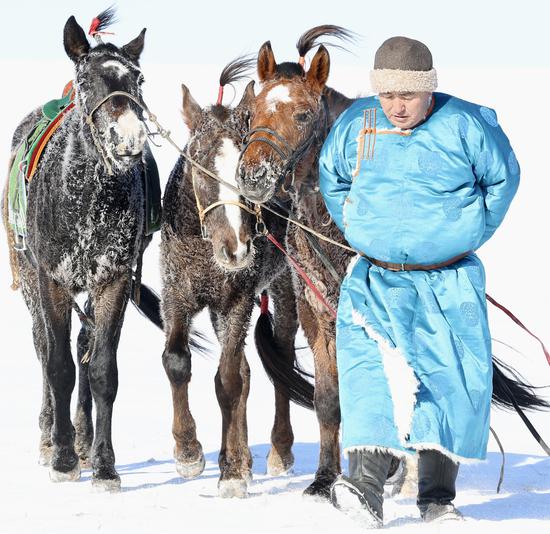






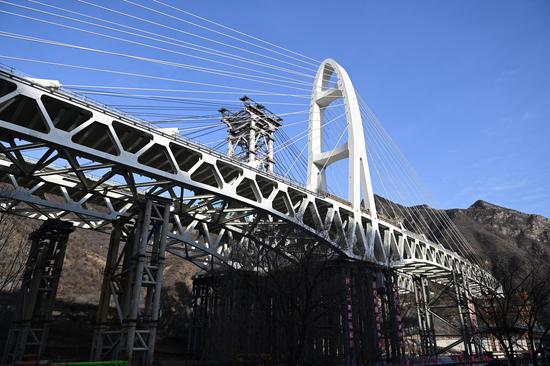



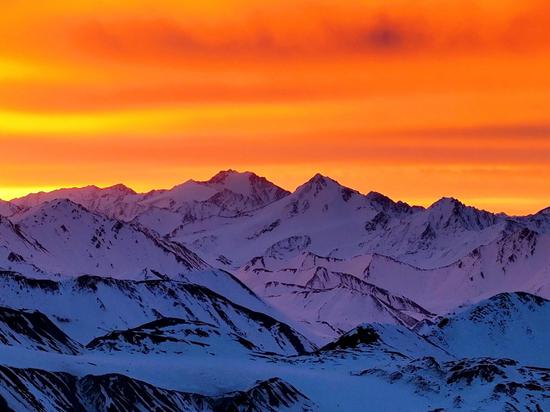

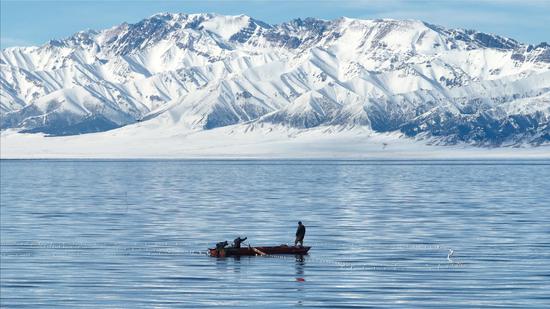
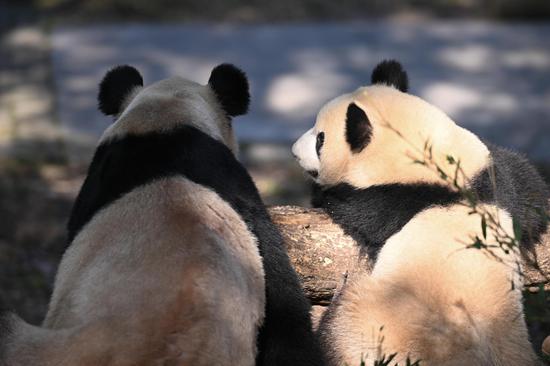
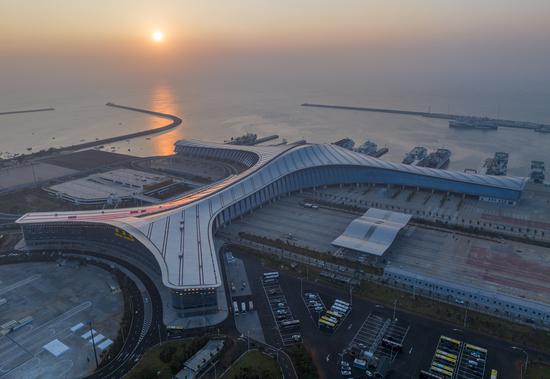




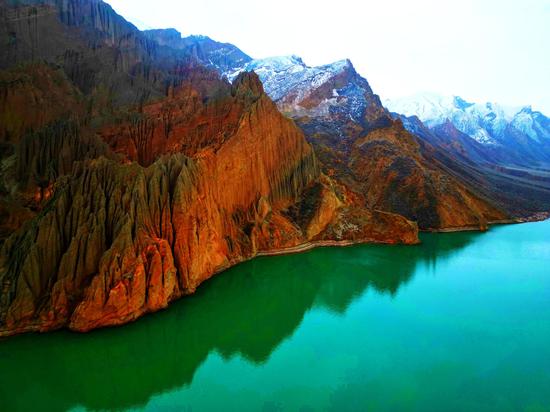
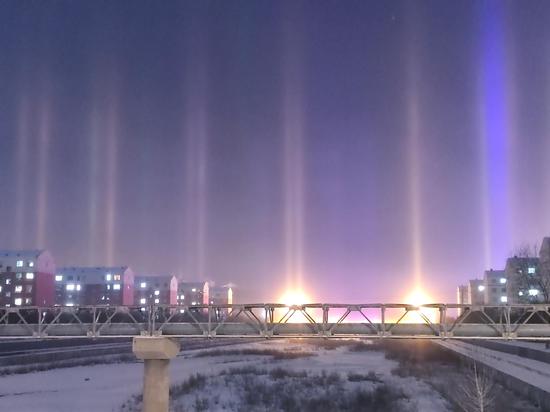



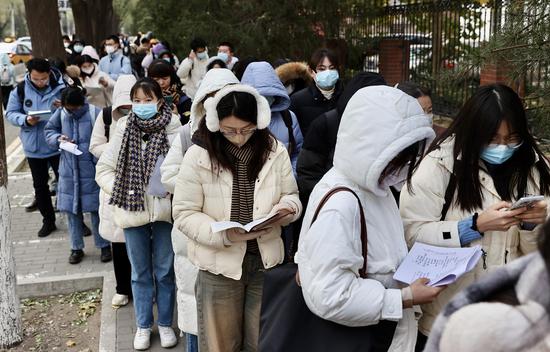





 京公网安备 11010202009201号
京公网安备 11010202009201号
